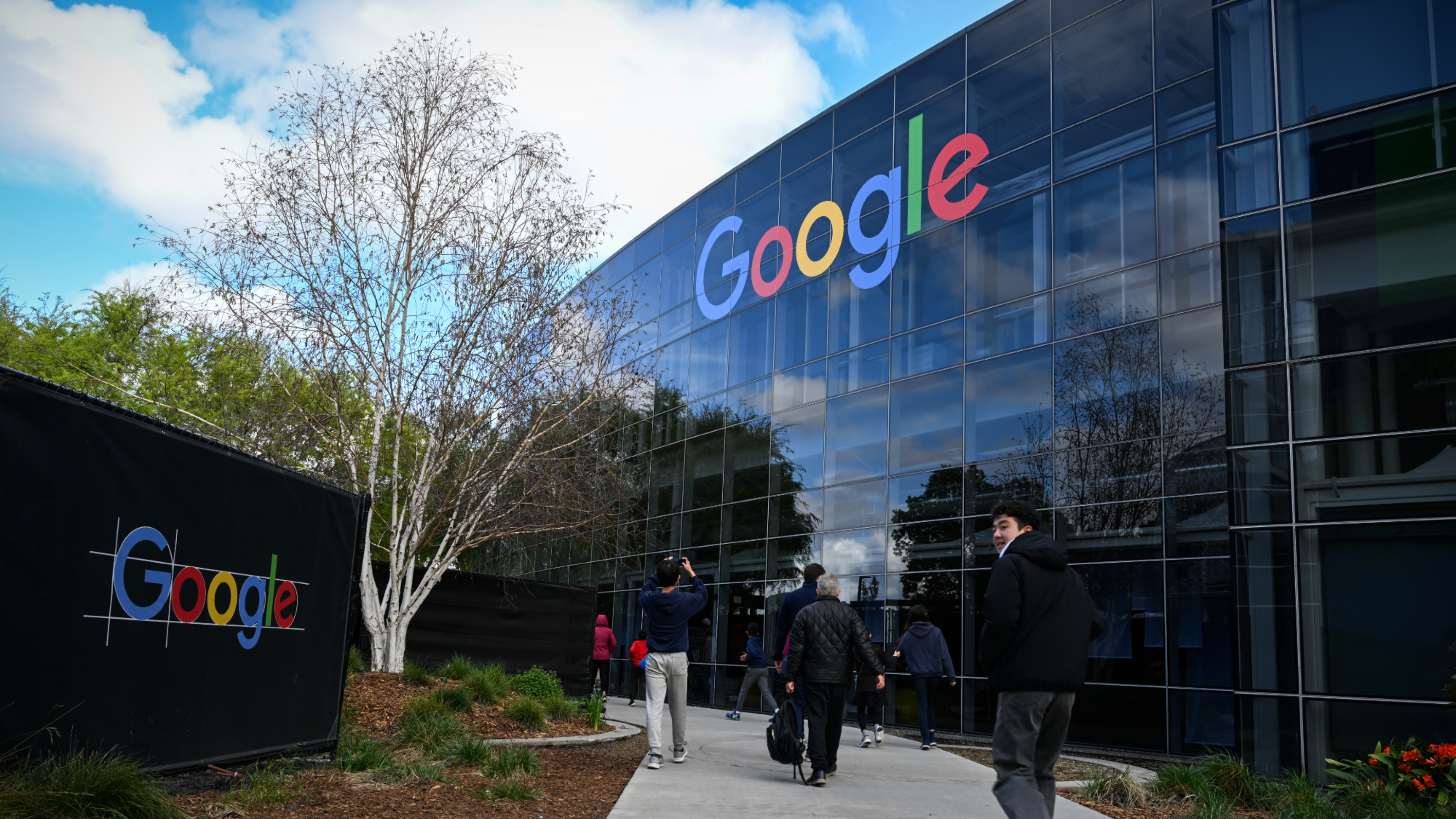Google ruled a monopoly over ad tech dominance
Attorney General Pam Bondi hailed the ruling as a 'landmark victory in the ongoing fight to stop Google from monopolizing the digital public square'


A free daily email with the biggest news stories of the day – and the best features from TheWeek.com
You are now subscribed
Your newsletter sign-up was successful
What happened
A federal judge yesterday ruled that Google's online ad technology unit constitutes an illegal monopoly, raising the possibility that the search giant may be forced to divest itself of a lucrative pillar of its business. The decision gave the Justice Department its second major antitrust victory against Google in eight months.
Who said what
U.S. District Judge Leonie Brinkema said Google had "willfully engaged in a series of anticompetitive acts to acquire and maintain monopoly power" in the online exchanges that match ad buyers and sellers and the tools web publishers use to sell ad space, "substantially" harming publishers and, "ultimately, consumers of information on the open web." She said the Justice Department had "failed to show," however, that Google's purchases of DoubleClick and Admeld, two of the backbones of its ad-sales dominance, "were anticompetitive."
"We won half of this case and we will appeal the other half," Google's Lee-Anne Mulholland said on X. Attorney General Pam Bondi hailed the ruling as a "landmark victory in the ongoing fight to stop Google from monopolizing the digital public square."
The Week
Escape your echo chamber. Get the facts behind the news, plus analysis from multiple perspectives.

Sign up for The Week's Free Newsletters
From our morning news briefing to a weekly Good News Newsletter, get the best of The Week delivered directly to your inbox.
From our morning news briefing to a weekly Good News Newsletter, get the best of The Week delivered directly to your inbox.
What next?
A second federal judge, Amit Mehta, has a hearing on Monday to start deciding the consequences of August's finding that Google's search engine was an illegal monopoly. Possible sanctions include splitting off its Chrome browser. The penalty hearings for Brinkema's ruling will "likely begin late this year or early next year," The Associated Press said. Google's appeals of both rulings "could take years," The Wall Street Journal said.
A free daily email with the biggest news stories of the day – and the best features from TheWeek.com
Peter has worked as a news and culture writer and editor at The Week since the site's launch in 2008. He covers politics, world affairs, religion and cultural currents. His journalism career began as a copy editor at a financial newswire and has included editorial positions at The New York Times Magazine, Facts on File, and Oregon State University.
-
 ‘Restaurateurs have become millionaires’
‘Restaurateurs have become millionaires’Instant Opinion Opinion, comment and editorials of the day
-
 Earth is rapidly approaching a ‘hothouse’ trajectory of warming
Earth is rapidly approaching a ‘hothouse’ trajectory of warmingThe explainer It may become impossible to fix
-
 Health insurance: Premiums soar as ACA subsidies end
Health insurance: Premiums soar as ACA subsidies endFeature 1.4 million people have dropped coverage
-
 Are Big Tech firms the new tobacco companies?
Are Big Tech firms the new tobacco companies?Today’s Big Question A trial will determine whether Meta and YouTube designed addictive products
-
 Can Europe regain its digital sovereignty?
Can Europe regain its digital sovereignty?Today’s Big Question EU is trying to reduce reliance on US Big Tech and cloud computing in face of hostile Donald Trump, but lack of comparable alternatives remains a worry
-
 Will AI kill the smartphone?
Will AI kill the smartphone?In The Spotlight OpenAI and Meta want to unseat the ‘Lennon and McCartney’ of the gadget era
-
 Claude Code: Anthropic’s wildly popular AI coding app
Claude Code: Anthropic’s wildly popular AI coding appThe Explainer Engineers and noncoders alike are helping the app go viral
-
 TikTok finalizes deal creating US version
TikTok finalizes deal creating US versionSpeed Read The deal comes after tense back-and-forth negotiations
-
 AI griefbots create a computerized afterlife
AI griefbots create a computerized afterlifeUnder the Radar Some say the machines help people mourn; others are skeptical
-
 Has Google burst the Nvidia bubble?
Has Google burst the Nvidia bubble?Today’s Big Question The world’s most valuable company faces a challenge from Google, as companies eye up ‘more specialised’ and ‘less power-hungry’ alternatives
-
 X update unveils foreign MAGA boosters
X update unveils foreign MAGA boostersSpeed Read The accounts were located in Russia and Nigeria, among other countries
